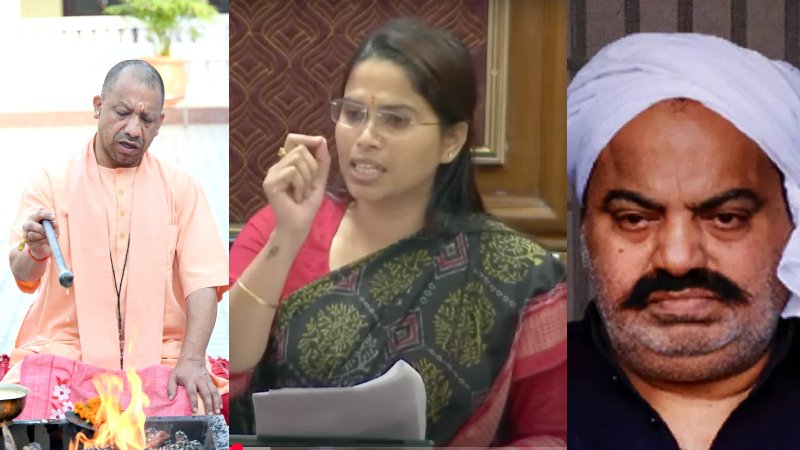This Diwali, firecrackers will not only burst with light and sound but also spread fragrance. Earlier, crackers only emitted smoke and smell. Later, colourful lights were added. Now, the National Botanical Research Institute (NBRI), Lucknow, has developed a new Green Cracker Technology. It will release fragrance into the air when crackers burst.
Two-Day Startup Conclave
This information was shared on Monday (September 15) during the inauguration of a two-day Startup Conclave at CSIR-NBRI. On Tuesday (September 16), several agreements with industry representatives will be signed. This will occur in the presence of Chief Minister Yogi Adityanath and Union Minister for Science and Technology Dr. Jitendra Singh.
Deputy Chief Minister Brajesh Pathak inaugurated the event. He said NBRI is contributing to India’s goal of becoming a developed nation by 2047. He added that CSIR is no longer limited to laboratory innovations but is now bringing realchanges in people’s lives. Stressing the importance of farmers in national growth, he emphasised linking agriculture with science and technology. He also highlighted campaigns like Vocal for Local and One District One Product (ODOP) to support startups and local industries.
CSIR Director General and DSIR Secretary Dr. N. Kalaiselvi said science and technology are revitalising agriculture, promoting innovation, and empowering communities. She mentioned NBRI’s bio-fertilisers and CIMAP’s Aroma Mission. Additionally, she highlighted IITR’s environmental data solutions and CDRI’s progress in personalised medicine. According to her, Lucknow is emerging as a national innovation hub. Scientific discoveries are being transformed into entrepreneurship there.
Earlier, the guests visited the exhibition and lit the ceremonial lamp to begin the program. NBRI Director Dr. A.K. Shasany spoke about the institute’s role in plant science and conservation. He also discussed research and its outreach to farmers and industries. Additionally, CIMAP Director Dr. P.K. Trivedi and CDRI Director Dr. Radha Rangarajan highlighted the contribution of Lucknow-based laboratories. They also explained the purpose of the conclave.
Key Agreements
Four important agreements were signed during the conclave:
- A joint collaboration between IITR Lucknow and Punjab Biotechnology Incubator, Mohali, on environmental science, toxicology, and biotechnology research and skill development.
- A five-year partnership between CDRI Lucknow and KennisAI Technology Pvt. Ltd., Varanasi, for AI-based drug discovery and development.
- A three-year collaboration between CDRI Lucknow and Vizon Labs LLP, Hyderabad, for precision cancer research and affordable drug development.
- An agreement between IITR Lucknow and SmartQR Technologies Pvt. Ltd., Pune, for intellectual property and patent transfer. This will enable commercialisation and social use of CSIR technologies.
Honoring Innovations
Deputy Chief Minister Brajesh Pathak honoured startups for effective innovations. Dr. Devendra Kumar Patel’s lab was appreciated for developing a nanocomposite-based water purifier to remove PFAS contamination. In contrast, Dr. Prabhanshu Tripathi’s lab was recognised for creating an aptamer-based biosensor. This biosensor studies the impact of artificial food colours on gut microbiota and identifies gut bacteria and metabolites.
Overall, the conclave showed that science and innovation are no longer confined to research labs. Instead, they are directly linked to the needs of society, farmers, and industries.


